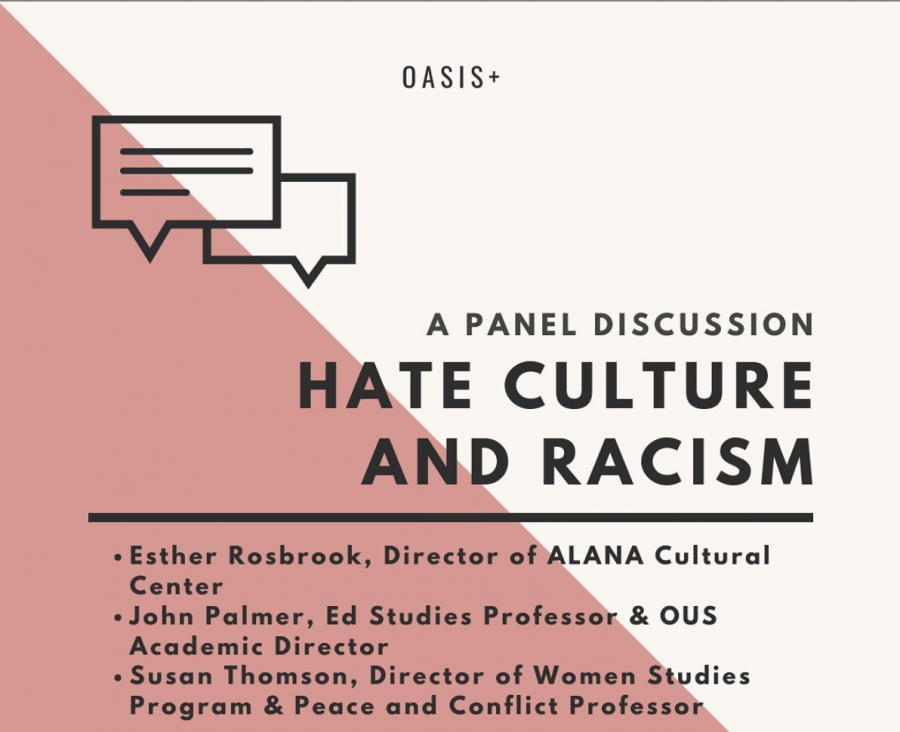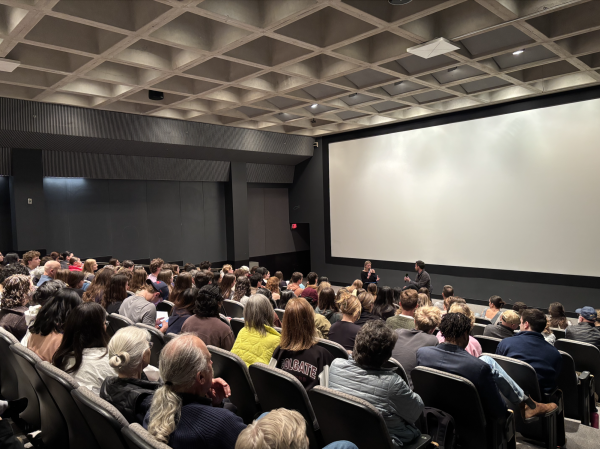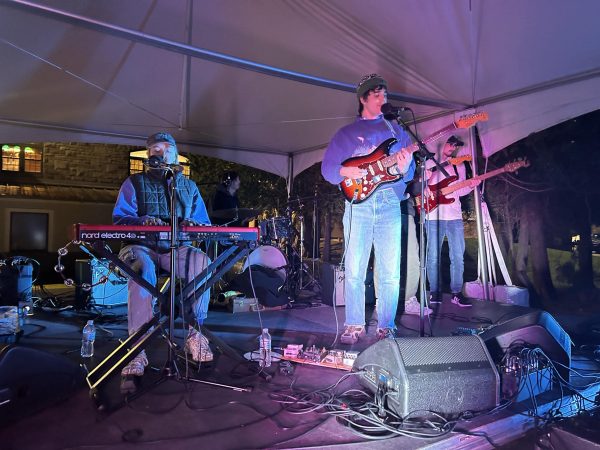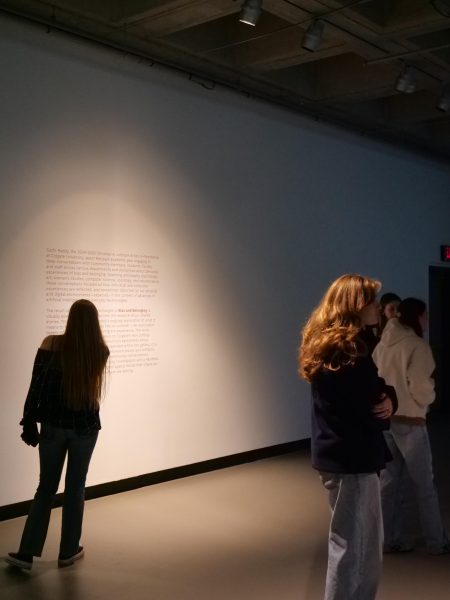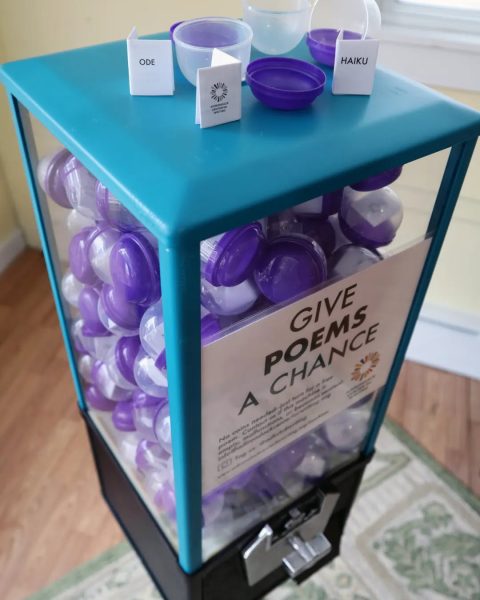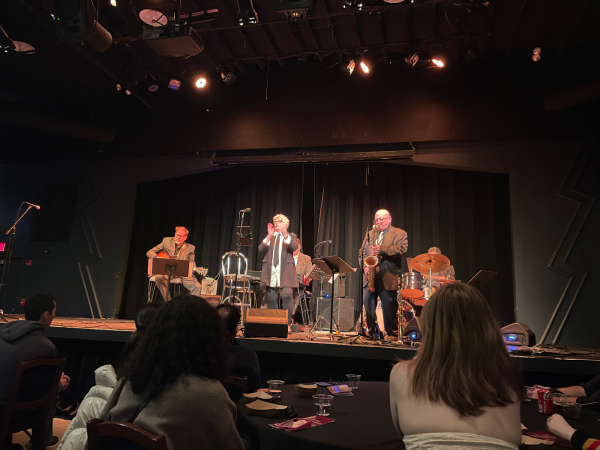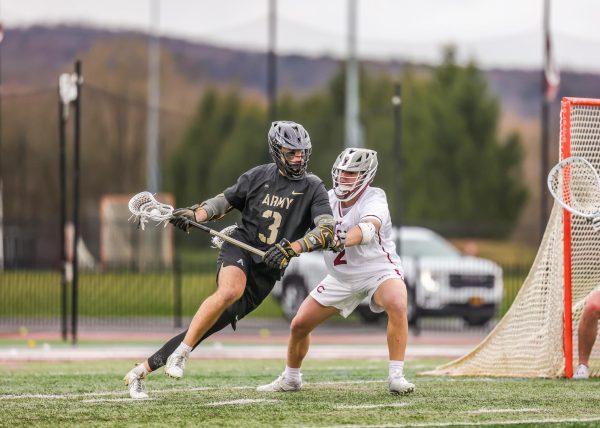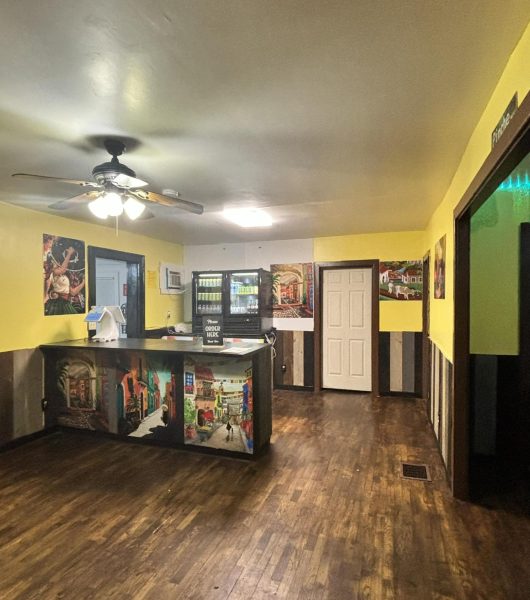OASIS+ and Faculty Panel Discuss the State of Hate Culture and Racism on Campus
In celebration of its fifth anniversary, the Organization of Asian Sisters in Solidarity (OASIS+) hosted a panel entitled “Hate Culture and Racism towards Minority Groups on College Campuses, and at Colgate” over Zoom on Sept. 10. The panel is part of a series of discussions on hate culture, colorism and experiences of minority groups on campus.
“With the Maroon-News article about the exhausting cycle of racism at Colgate, along with the remarkable work that the Colgate Student Coalition (CSC) has accomplished this past summer, we really wanted to continue that work as well,” OASIS+ co-president junior Flora Zhang said.
The virtual panel, featuring Professor of Educational Studies John Palmer, Director of the ALANA Cultural Center Esther Rosbrook and Director of the Center for Women’s Studies and Associate Professor of Peace and Conflict Studies Susan Thomson, took questions about the present state of our campus. The panelists also discussed the changes that can, and should, be made by both the University and the students themselves to promote anti-racism in the future.
“We can’t afford to wait until another racist event happens to start thinking about enacting change. We, as the student body and the larger Colgate community, should be proactively shaping Colgate into the anti-racist institution that it should be,” Zhang added.
The Core Curriculum was a topic frequently threaded into the conversation. The panelists acknowledged that it is difficult for everyone to agree on changes when the current curriculum seems to be popular and work as-is. However, the Core Revision Committee devotes themselves to listening to students and faculty and revising the Core to better suit the goals and values of the institution.
“I have had courses in the past that have included portions emphasizing issues in the field relating to sexism, racism and other injustices, and I feel that it has been integral to understanding and recognizing the institutional wrongs that are unfortunately still present today. I believe that on an individual level, students can definitely make their voices heard and demand more education and discussion on these injustices in their curriculum,” junior Tori Gobo said.
All three panelists posited ways that students can express their discontent with the classes available to them and enact real change.
Palmer urges students to speak up in SET forms when professors are not teaching inclusive materials and to go out of their way to take anti-racist classes even if it is not part of their requirements to graduate. Thomson advises students to avoid taking classes with racist professors and to fill up anti-racist classes to send a message to the university. Rosbrook reminds students that there are strong supporters in leadership positions who will listen to their ideas for change, especially if they include thought-out proposals.
“The professors were really encouraging and I was happy to hear that the students can rely on the faculty as mentors and allies when promoting change,” sophomore Corinna Yee said.
Evidently, there are myriad resources available to students who are committed to challenging the institution for the betterment of all members of our community, if they are willing to do the work.
“I would like to see the community do better by not treating these anti-racist panels and events at Colgate as being optional but as something that we all need to prioritize. I also think it’s important to focus on not being an optical ally but rather someone who serves BIPOC on campus at a deeper level,” first-year Mikayla Romero said.
Attendees were informed about this panel through a diverse array of groups on campus, including OUS-First Community and the Colgate stand up comedy club. It is critical for every person to see these invitations as indispensable.
“I’d like for non-POCs to show their support simply by attending events like ours that are held by minorities. Oftentimes, the attendees at these POC-centered events are, well, POCs. There’s nothing wrong with this! But, I do believe that there is power in numbers and that multiracial solidarity is critical to bring change most effectively. That being said, I do hope that there is more of a turnout from non-POCs at the rest of OASIS+’s virtual discussion series and at events by other cultural groups,” junior Adriana Kartandi said.
Panels and events such as this one require and deserve widespread attention in order to remedy our current institutions that are built for the comfort of only the privileged percent of our students, faculty and staff.
To register for OASIS+’s upcoming virtual discussions on Sept. 17, Oct. 15 and Nov. 12 at 5:00 p.m., email cdougher@colgate.edu.


